Baolong Li
Safety in Large Reasoning Models: A Survey
Apr 24, 2025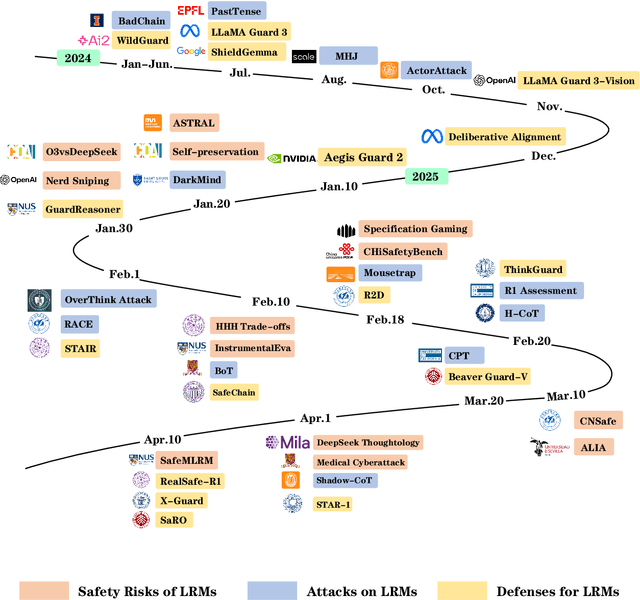
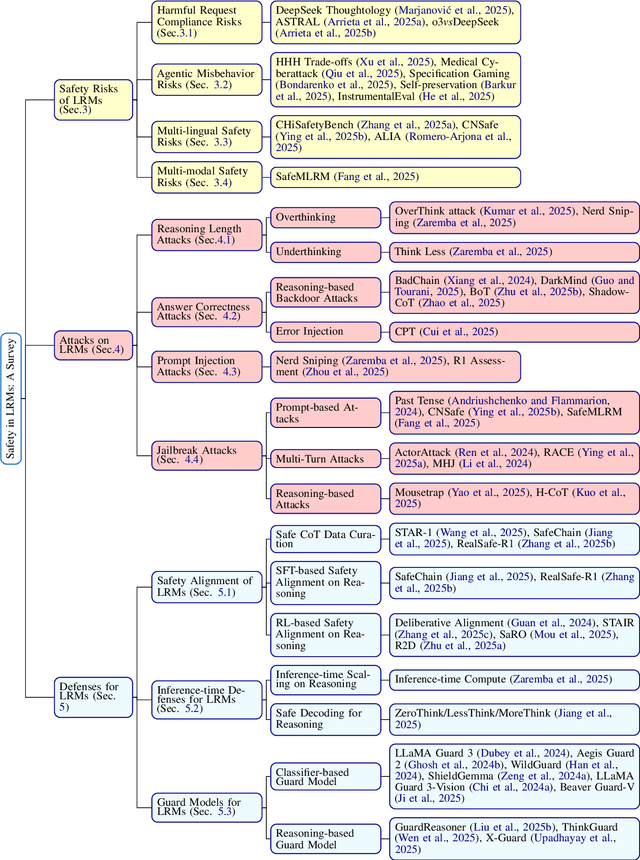
Abstract:Large Reasoning Models (LRMs) have exhibited extraordinary prowess in tasks like mathematics and coding, leveraging their advanced reasoning capabilities. Nevertheless, as these capabilities progress, significant concerns regarding their vulnerabilities and safety have arisen, which can pose challenges to their deployment and application in real-world settings. This paper presents a comprehensive survey of LRMs, meticulously exploring and summarizing the newly emerged safety risks, attacks, and defense strategies. By organizing these elements into a detailed taxonomy, this work aims to offer a clear and structured understanding of the current safety landscape of LRMs, facilitating future research and development to enhance the security and reliability of these powerful models.
A novel brain registration model combining structural and functional MRI information
Sep 26, 2024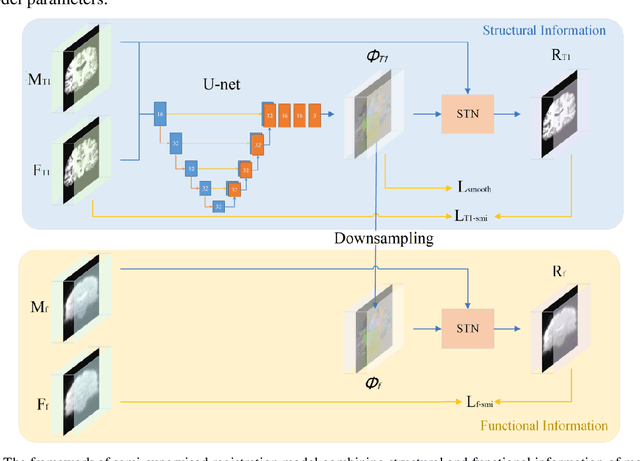
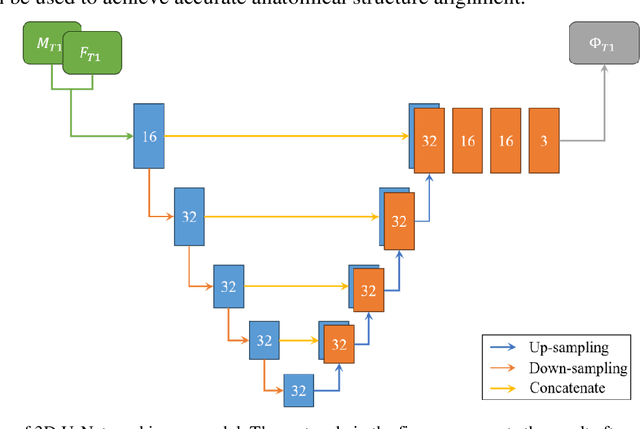
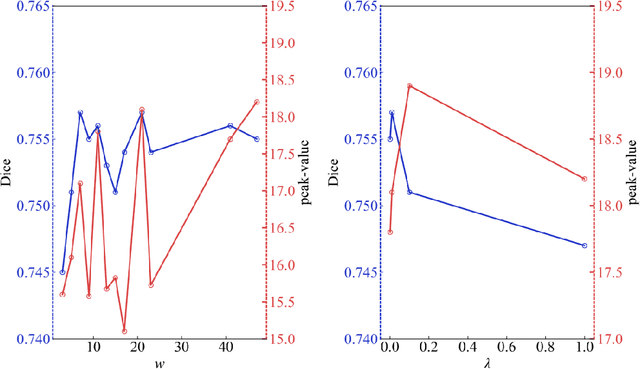
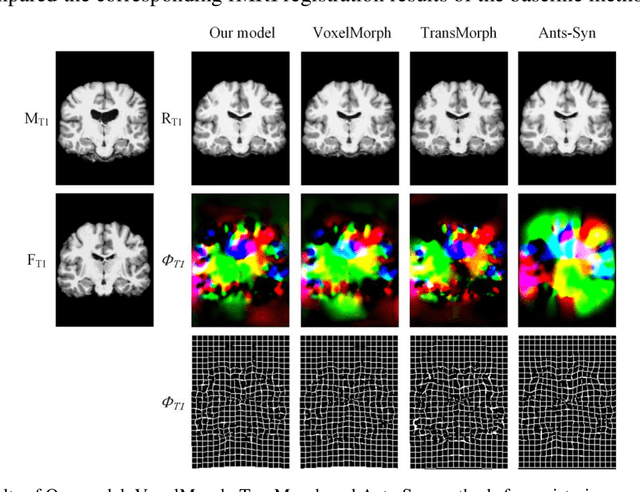
Abstract:Although developed functional magnetic resonance imaging (fMRI) registration algorithms based on deep learning have achieved a certain degree of alignment of functional area, they underutilized fine structural information. In this paper, we propose a semi-supervised convolutional neural network (CNN) registration model that integrates both structural and functional MRI information. The model first learns to generate deformation fields by inputting structural MRI (T1w-MRI) into the CNN to capture fine structural information. Then, we construct a local functional connectivity pattern to describe the local fMRI information, and use the Bhattacharyya coefficient to measure the similarity between two fMRI images, which is used as a loss function to facilitate the alignment of functional areas. In the inter-subject registration experiment, our model achieved an average number of voxels exceeding the threshold of 4.24 is 2248 in the group-level t-test maps for the four functional brain networks (default mode network, visual network, central executive network, and sensorimotor network). Additionally, the atlas-based registration experiment results show that the average number of voxels exceeding this threshold is 3620. The results are the largest among all methods. Our model achieves an excellent registration performance in fMRI and improves the consistency of functional regions. The proposed model has the potential to optimize fMRI image processing and analysis, facilitating the development of fMRI applications.
 Add to Chrome
Add to Chrome Add to Firefox
Add to Firefox Add to Edge
Add to Edge